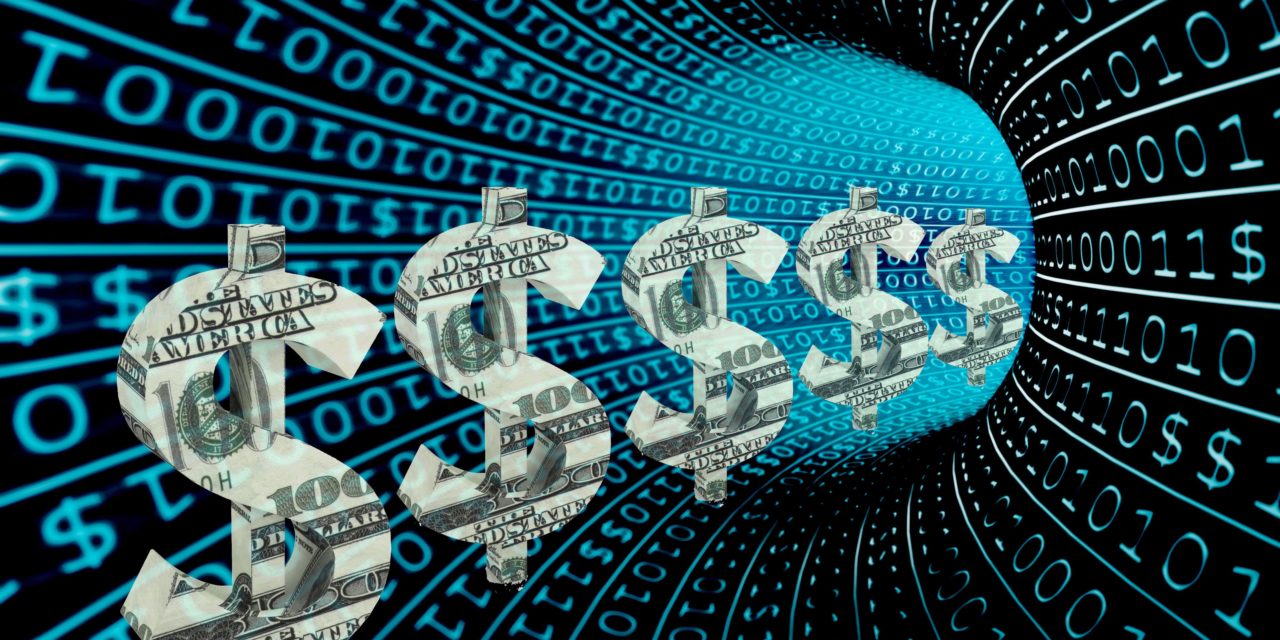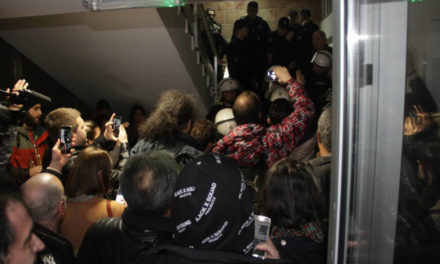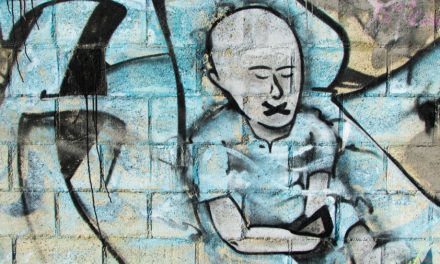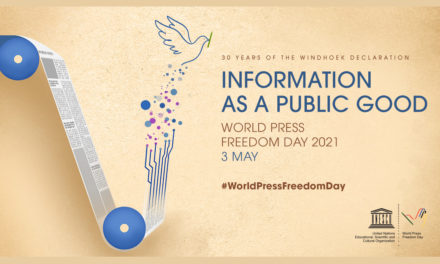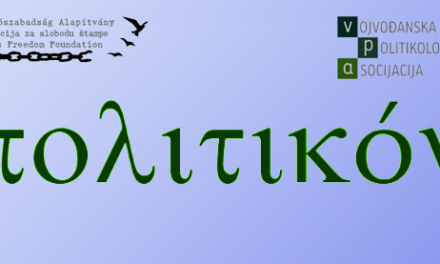The Federal Telecommunications Commission (FCC) repealed its own Obama-era (2015) rule whereby Internet service providers were prohibited from differentiating among network traffic. Every type of content had to be transported with the same speed, regardless of its content, be it the world’s largest social media (Facebook), for-fee movies (Netflix), mainstream media and news, or a small private blog no one has ever heard of or read.
With the regulation dismantled, Internet providers can do whatever they want: They can slow down any content they dislike, or speed up the content whose owner pays for it (and shifts the cost to its own consumers). What is more, Internet content can now be “bundled,” meaning that providers can pick and choose what to provide to their customers. The latter may clearly become a concealed form of private censorship.
The move was naturally urged and lobbied for by the megaproviders: Verizon, AT&T, and Comcast (the latter being the most hated provider in the United States by its customers). It became a clear possibility when President Donald Trump nominated a Verizon lawyer to chair the FCC, practically transforming the five-member watchdog body into the handyman of giant corporations as opposed to a protective forum for consumers.
FCC Chairman Ajit Pai has called the narrow passage (in a 3:2 vote) a “great victory” (which it is, for the giant providers, including his own previous employer!) that will promote innovation and the willingness of providers to upgrade their networks.
The deregulation is opposed by 82 per cent of Americans and by virtually all Internet-related professional associations. Many of the latter have pointed out that the network giants are not at all in an inferior position. Rather, they are in a practical monopoly position having distributed the market among themselves so that in most American urban communities’ consumers have no choice of broadband providers but the local cable company.
Take a look at what conditions rule in countries where net neutrality has never been the rule! In Portugal, for example, Internet service providers already offer “bundled content” only, much like your local cable TV packages. Consumers can choose among the bundles offered, but cannot access all content under equal conditions. China is, of course, an extreme example where the Communist party and state officials decide what the people can access at all.
Such easy but concealed censorship may be to the liking of the American president as well who has made it more than clear countless number of times that he dislikes the “fake news media.” So, the FCC’s move can be taken as a Christmas present by Trump and to Trump.
Several American state attorneys have announced they would fight the deregulation in court, and Democratic members of Congress are demanding legislative action. It will be rather difficult, however, ever to reintroduce the rule of net neutrality.

